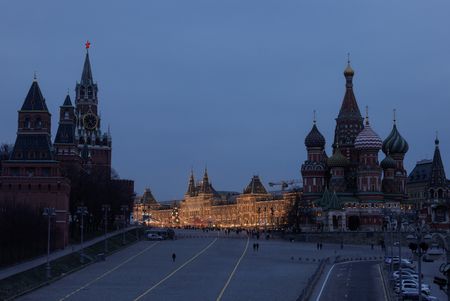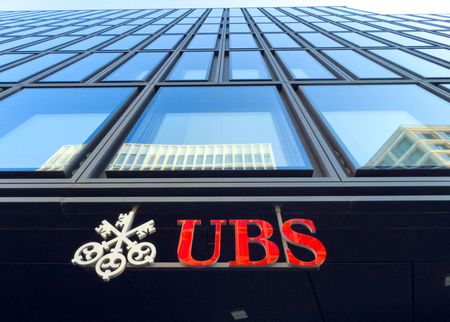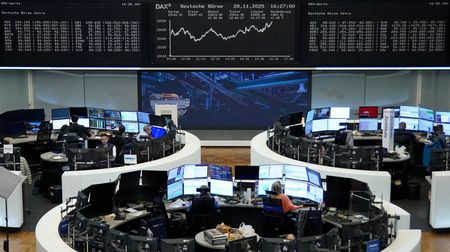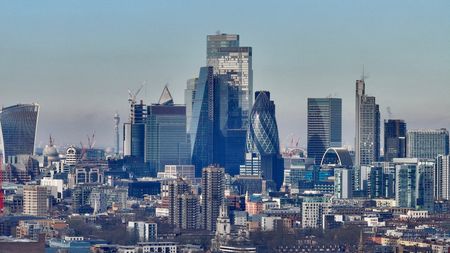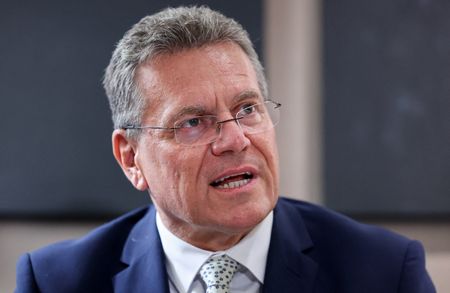MOSCOW (Reuters) – Russia’s fiscal deficit jumped 14-fold in January due to a 73.6% increase in spending at the start of the year, reaching 1.7 trillion roubles ($17.73 billion) or 0.8% of national output, the finance ministry said on Tuesday, citing preliminary data.
“This is primarily due to the accelerated financing of expenditures within the first quarter and will not affect the quarterly trajectory or the achievement of the target parameters of the structural balance for 2025 as a whole,” the ministry said.
The deficit figure stood at 124 billion roubles in January 2024.
Russia recorded a budget deficit of more than 3 trillion roubles, or about 2% of gross domestic product (GDP), in 2024 for a third year running. Spending rose to finance what it calls its “special military operation” in Ukraine and the military-industrial complex, but this has also fueled inflation.
Prime Minister Mikhail Mishustin told President Vladimir Putin that a return to a “very responsible fiscal and macroeconomic policy” was needed to contain high inflation, which has become the biggest headache for Russian authorities.
The government increased the planned deficit figure twice during 2024 in order to meet its financing needs. The January deficit figure exceeded the plan of 0.5% of GDP for the full year.
Budget revenues were at 2.67 trillion roubles, 11% higher compared with the same period last year, the data showed. Russia’s oil and gas revenues rose by 17%, the ministry said earlier.
Moscow expects spending this year to increase to 41.47 trillion roubles, of which 41% will be spent on defence and security. Rising tax revenues are seen narrowing the fiscal deficit to 0.5% of GDP.
($1 = 95.9000 roubles)
(Reporting by Darya Korsunskaya, writing by Gleb Bryanski; Editing by Gareth Jones)

